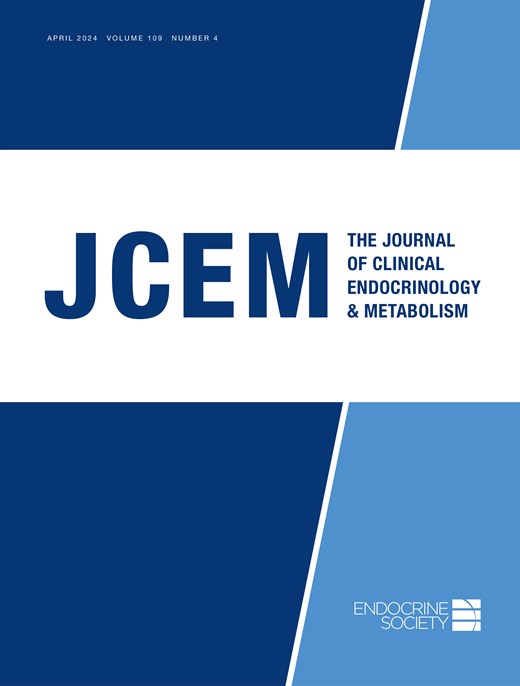Heart palpitations and AFIB (Atrial Fibrillation) risk in older men using testosterone is examined in the video below.
Highlights
[ ] Testosterone use in older men and its link to heart palpitations and AFIB.
] Testosterone use in older men and its link to heart palpitations and AFIB.
[] Research findings suggest a potential association between testosterone therapy and heart rhythm disturbances.
[] Discussion about the need for cautious testosterone administration in older male patients.
[ ] Insights into the mechanisms through which testosterone might impact heart health.
] Insights into the mechanisms through which testosterone might impact heart health.
[] Examination of existing studies to assess the credibility of the testosterone-heart health connection.
[] Importance of monitoring heart health during testosterone treatment for older men.

Remaining Questions About Testosterone and Cardiovascular Events
Would testosterone injections have a more significant negative effect on hypertension and arrythmias in older men than testosterone gels/creams?
What is the role of increased hematocrit in fatal and non-fatal cardiovascular events?
Should older men with hypertension or AFIB given testosterone be monitored more closely?
Is the observed increased incidence of non-fatal cardiovascular events in the two T-gel studies (TOM & TRAVERSE) caused by stimulatory, neurological, or increased blood viscosity effects of TRT?
Highlights
[
[] Research findings suggest a potential association between testosterone therapy and heart rhythm disturbances.
[] Discussion about the need for cautious testosterone administration in older male patients.
[
[] Examination of existing studies to assess the credibility of the testosterone-heart health connection.
[] Importance of monitoring heart health during testosterone treatment for older men.
Remaining Questions About Testosterone and Cardiovascular Events
Would testosterone injections have a more significant negative effect on hypertension and arrythmias in older men than testosterone gels/creams?
What is the role of increased hematocrit in fatal and non-fatal cardiovascular events?
Should older men with hypertension or AFIB given testosterone be monitored more closely?
Is the observed increased incidence of non-fatal cardiovascular events in the two T-gel studies (TOM & TRAVERSE) caused by stimulatory, neurological, or increased blood viscosity effects of TRT?
Last edited:


















